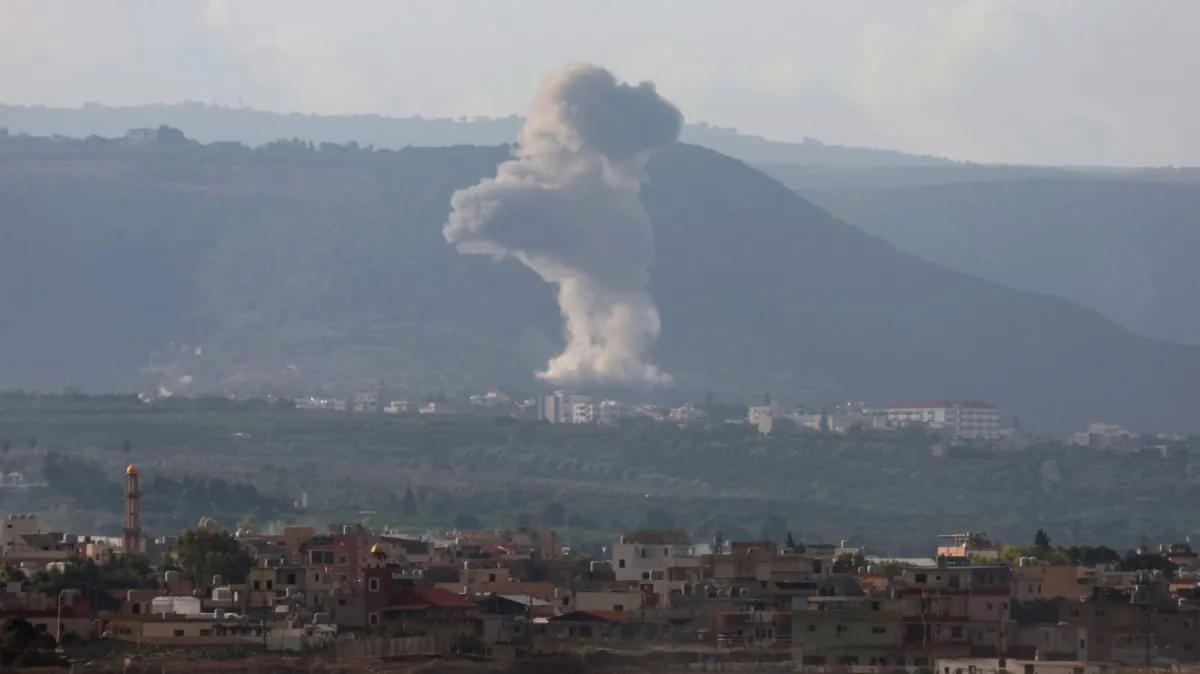In a significant escalation of hostilities, Hezbollah launched over 100 rockets into northern Israel early Sunday, reaching areas near Haifa. This action marks a potential turning point in the ongoing conflict between the Lebanese militant group and Israel, raising fears of an impending all-out war.
The rocket barrage, which occurred on September 22, 2024, forced thousands of Israeli civilians to seek shelter. Israeli military sources reported that the rockets targeted civilian areas, indicating a possible shift in Hezbollah's strategy. Previously, the group had primarily focused on military targets.
This aggressive move by Hezbollah came in response to an Israeli airstrike in Beirut two days earlier. The strike, which occurred on September 20, 2024, resulted in at least 45 casualties, including a high-ranking Hezbollah official, Ibrahim Akil, and several civilians. The death toll has continued to rise as search operations enter their third day.
Ali Harake, a local official and engineer at the scene, stated that approximately 15 bodies are still unaccounted for. The local municipality has deployed heavy machinery, including cranes, to assist in recovering personal belongings from the damaged buildings.
Hezbollah, founded in 1982 during the Lebanese Civil War, has a long history of conflict with Israel. The organization, which is designated as a terrorist group by several countries, has been involved in multiple confrontations with Israel, including the 2006 Lebanon War. Hezbollah's military wing is estimated to have tens of thousands of fighters, and its rocket arsenal is believed to be one of the largest non-state military stockpiles globally.
The recent escalation comes at a time when Hezbollah was already reeling from a sophisticated attack that caused thousands of personal devices to explode just days earlier. This incident, coupled with the Israeli airstrike, has put significant pressure on the organization.
"The resistance will not remain silent in the face of the enemy's aggression."
The current situation highlights the complex dynamics of the region. Hezbollah, which receives substantial support from Iran, has significant political influence in Lebanon, holding seats in the parliament. The group also operates a vast social services network in the country, further complicating its role in Lebanese society.
As tensions continue to rise, the international community watches closely. The potential for a wider conflict looms large, with implications that could extend far beyond the borders of Lebanon and Israel. The coming days will be crucial in determining whether diplomatic efforts can prevail or if the region will descend into a more extensive military confrontation.
